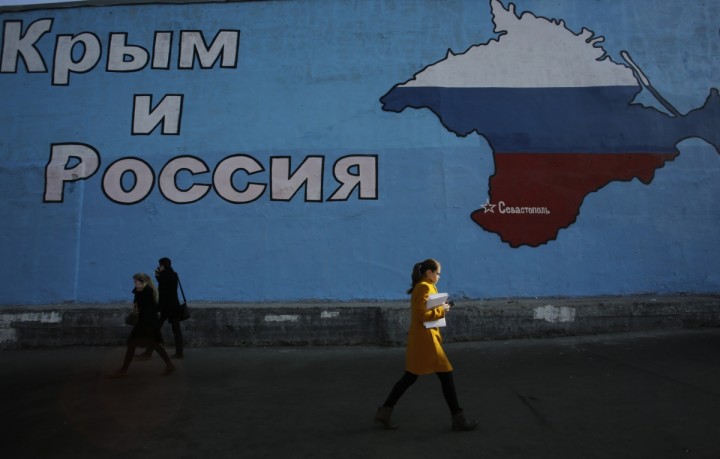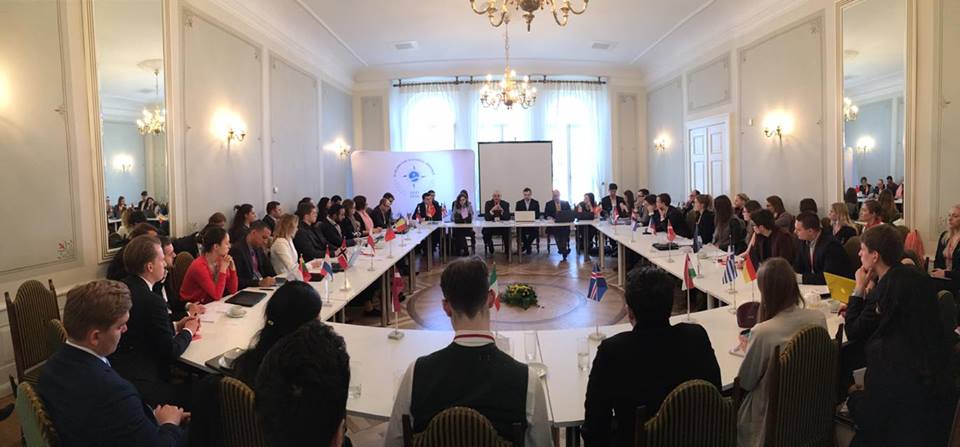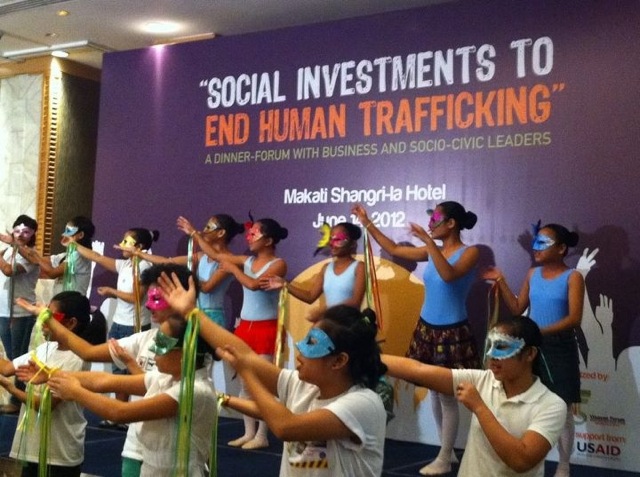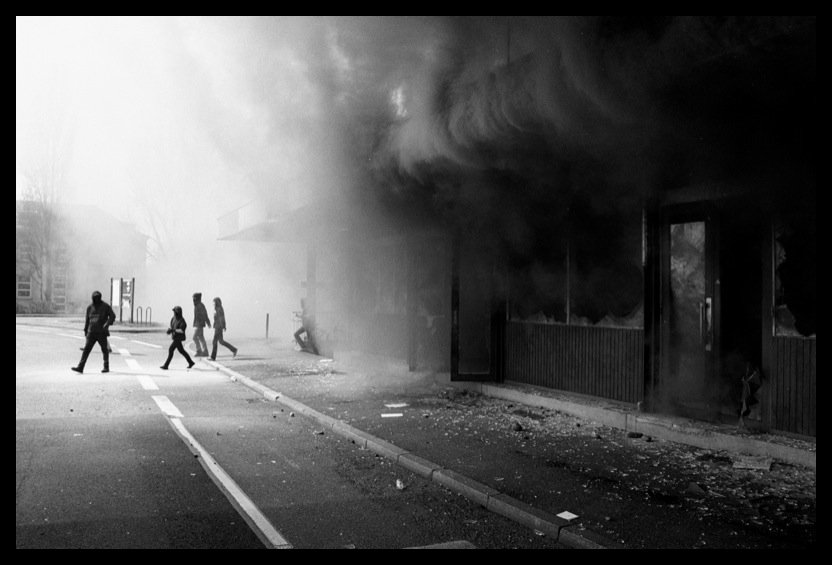
Russia’s deployment into Crimea in March sparked a new crisis for NATO countries, particularly those in Europe: the military invasion of a sovereign state. This action was reminiscent of similar invasions throughout the twentieth century, particularly Soviet aggression in the aftermath of the Second World War, which precipitated NATO’s development. However, NATO no longer exists solely for the purpose of ensuring the sovereignty of its member states, as its peace-building missions and changing political responsibilities indicate.
What is NATO’s purpose, then, if not to “safeguard the freedom and security of its members through political and military means”? Although Ukraine is not currently a NATO member, Poland, Hungary, Romania and Slovakia —Ukraine’s neighbours—are all members and their sovereignty is also affected by Russia’s militarism, as is the economic security of all member nations. NATO’s response to Russian actions in the Ukraine, whether military or political, will have serious implications throughout the international community, even in Canada.
Ukraine’s recent presidential election indicates that the majority of Ukrainian voters are not pro-Russian, and are not in favour of a far-right wing government. As a result, both Russia’s rationale for the invasion of Crimea and its credibility have been weakened. As NATO Secretary General Anders Fogh Rasmussen stated on June 2, 2014, “All NATO Allies made clear that we condemn the illegal and illegitimate annexation of Crimea and Allies will not recognize it.” However, it remains to be seen whether or not NATO member countries will be doing anything to back up this statement.

On May 23, 2014, days before Rasmussen’s announcement, France’s energy company Total SA completed an agreement with Russia’s private oil company Lukoil to explore and develop the Siberian shale oil field. Although the deal occurred between private energy companies, the fact that France was willing to allow completion of this deal indicates the unwillingness of France, and likely other Western European nations, to impose serious sanctions on Russia in the wake of the Crimean crisis. This energy deal emphasizes the importance of energy, and especially fossil fuels, in Europe’s economy: one that may overshadow the importance of national sovereignty.
Although energy imports are not major issues in Canada, economic sanctions are little better than those of France. Canada, as a result of its own natural resources and ability to produce and export energy, does not have the same economic concerns as France and other European nations who rely on oil imports for energy.
In Canada, sanctions against Russia are much more stringent than those of European nations, but nonetheless seem to avoid causing any economic damage to the relationship with Russia. Many prominent business leaders are excluded from the sanctions list, and the so-called “Russian Regulations” are somewhat vague and unenforceable.
Overall, NATO’s response to the Crimean crisis has focused on rhetoric while remaining complacent on actions. The lackadaisical sanctions and the overt efforts to improve economic relationships with Russia indicate that NATO is uninterested in actually punishing Russia for its infringement on Ukrainian sovereignty. The prospect of an energy crisis in Europe is exemplified by France’s agreement with Lukoil, and the possibility of economic collapse in France and other European states is far more pressing than the struggles of far-off Ukraine.

France’s actions, and those of other NATO states in regard to Russia are legitimate and entirely rational: protecting one’s own economy must occur if that state hopes to have any ability to aid in the protecting of another’s sovereignty: collective security is only effective if the collective has the resources to provide security. It is a reality that military action cannot occur without economic security and many of the state’s possible sanctions against Russia are counter-intuitive, functioning as sanctions against the economic security, and therefore overall security, of the collective.
Instead of criticizing France and other NATO states that are not actively sanctioning Russia, we must be asking what alternatives there are to economic sanctions that will not affect our own ability to take military action if it is needed. Globalization of economies means that the economic warfare of the past is no longer viable and that we need a new means by which to punish states.




